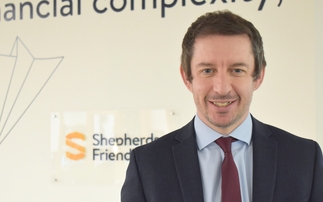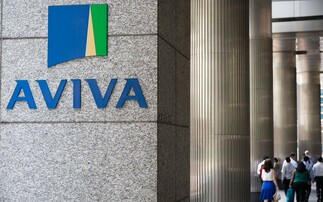British Friendly Society's finance director Lee Schopp has become the Institute of Directors' (IoD) New Chartered Director of the Year 2015.
The New Chartered Director of the Year award recognises excellence of achievement in the IoD’s Certificate and Diploma examinations, and the Professional Review assessment for Chartered Director.
Chartered Director was initiated more than 10 years ago and aims to equip directors with the all-round skills, knowledge and understanding required to successfully direct an organisation.
Since its inception, thousands of directors worldwide have undertaken the training courses and sat the examinations.
In the UK, around 4,000 course places were filled in 2014 alone, and there are now around 1,000 qualified Chartered Directors globally.
Since joining British Friendly in 2010, Schopp developed and implemented a new strategy and business plan, and overhauled all financial reporting, helping the Board to focus on driving the business forward.
He said: “What the IoD’s training has given me more than anything is confidence working at board level. I know more than most directors about board responsibilities and director duties.
"Because of my training, I’ve been able to introduce new governance and standards such as board evaluations which allow us to review our performance as a board - using criteria that I drew from my training.
"And while the new legal realities of working in the insurance industry has scared off some non-execs in the last year, my training means I just get on with it.”
Schopp also credited his training with helping to effect a turnaround at the British Friendly Society.
He said: “The business had been in decline for fifteen years when the CEO and I joined, and had a very uncertain future. Over the last four years we’ve not only stopped the rot, we’ve achieved more than 35 percent growth.
“It’s not been easy. As a mutual, we had to instigate our reforms within certain financial constraints while also remaining true to the ethos of the Society.
"But I’m particularly proud that our staff really got behind the changes we had to make. There was a lot for them to take on board, with new product launches, new thinking and a huge amount of hard work, but they took it really well."
He concluded: “Now, we’re constantly looking to evolve as a business. We start every board meeting by looking at strategy – issues such as accounting and KPIs, which used to take up a disproportionate amount of board time, are now only considered by exception.”











